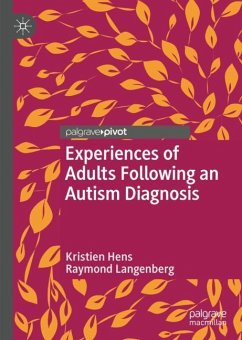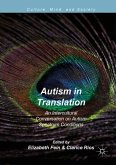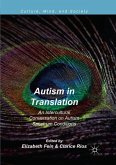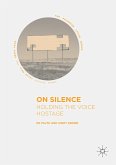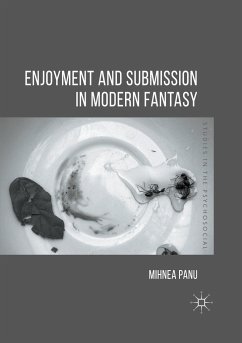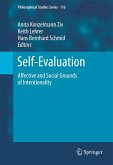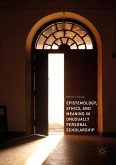This book explores adult experiences of autism diagnosis. Focusing on the experiences of 21 interviewees, the structure of the book mirrors the seven stages undergone upon diagnosis, and raises important questions about modern society and the self, amidst this life-changing news. Analysing a broad range of empirical interview data including adults who had experiences of other diagnoses, and adults who seemed to function normally before their autism diagnosis, the authors use these stories to examine how autism diagnosis can be extremely important and helpful, but also generate a great deal of negativity.
Illuminating a range of testimonies that have previously been kept in the shadows, this book will not only appeal to students and scholars of autism in adults, but also to practitioners as well as adults who have been diagnosed with autism.
Illuminating a range of testimonies that have previously been kept in the shadows, this book will not only appeal to students and scholars of autism in adults, but also to practitioners as well as adults who have been diagnosed with autism.
